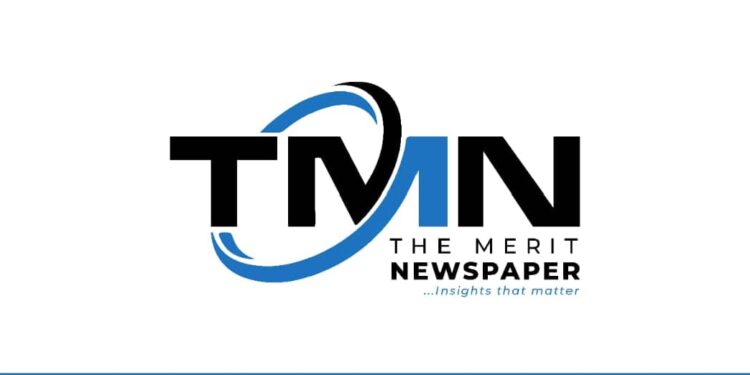In a display of curiosity and commitment to grammatical accuracy, a group of prospective journalism students and potential readers of The Merit Newspaper recently reached out to the publication’s Editor-in-Chief, Ibrahim Kegbegbe. Their concern stemmed from a headline in a recent edition that read: “‘Awon Alfa Won Ga’nu Sibi’: K1’s Bold Stand Rocks Islamic Community.”
The students, who pride themselves on being cautious with grammar, expressed their belief that the phrase “K1’s Bold Stand” in the headline should be replaced with “K1’s Bold Stance.” They argued that “stance” would be more appropriate in the context of the story and sought clarification on the choice of wording.
Speaking on behalf of the students, one of them explained their rationale: “We understand that headlines are crafted to be concise, impactful, and grammatically correct. In this case, we think ‘stance,’ which conveys a viewpoint or attitude, would better fit the context of K1’s actions described in the article.”
In response to the inquiry, The Merit Newspaper’s Editor-in-Chief, Ibrahim Kegbegbe, commended the students for their diligence and passion for understanding the nuances of grammar. He, however, defended the publication’s choice of the word “stand” in the headline, emphasizing its appropriateness within the context of the story.
“While ‘stance’ generally refers to an attitude or viewpoint, ‘stand’ is more dynamic and action-oriented. In this headline, we used ‘stand’ because it reflects K1’s specific and bold action, which stirred reactions within the Islamic community,” Kegbegbe explained. “It’s important to note that headlines often aim to capture not only the essence of a story but also the weight of the events being reported. ‘Stand’ effectively conveys the decisiveness and impact of K1’s actions.”
Language experts further support the distinction between the two terms. According to Dr. Miché Thompson, a linguist and communication expert, “The word ‘stand’ signifies a concrete decision or position, while ‘stance’ is more abstract, reflecting an attitude or belief. For a headline like this, where the emphasis is on a specific, impactful action, ‘stand’ is the better choice.”
Kegbegbe also praised the students for their curiosity, describing it as a hallmark of future journalists. “This level of attention to detail and willingness to question is exactly what journalism needs. It shows a hunger for accuracy and a commitment to understanding the language, which are both essential qualities in our profession.”
The engagement underscores the importance of fostering critical thinking among journalism students while highlighting the challenges editors face in crafting headlines that balance precision, brevity, and impact. In the words of Ibrahim Kegbegbe, “Every headline is an opportunity to educate and engage readers. This dialogue with students is a testament to the role of language in shaping our understanding of the news.”
By addressing their concerns and explaining the rationale behind its editorial choices, The Merit Newspaper has not only upheld its reputation as a credible publication but also encouraged budding journalists to continue exploring the power of language in storytelling.
















